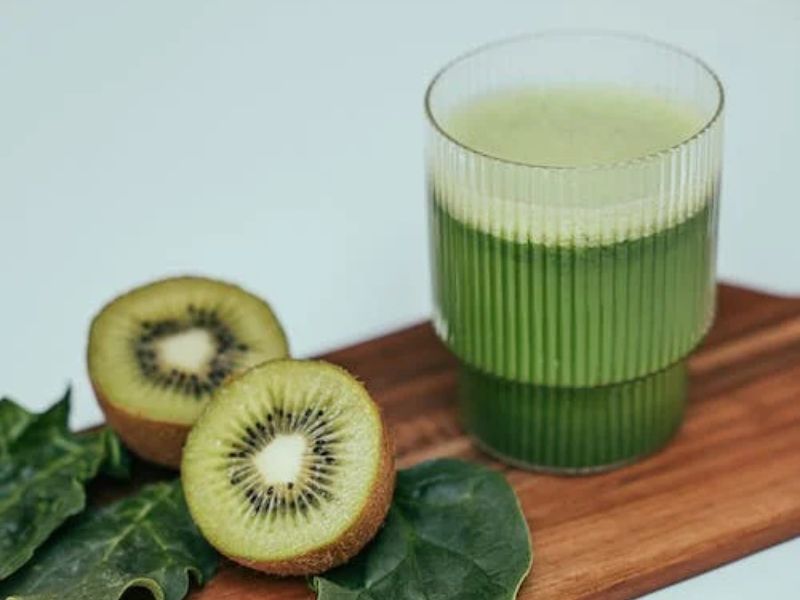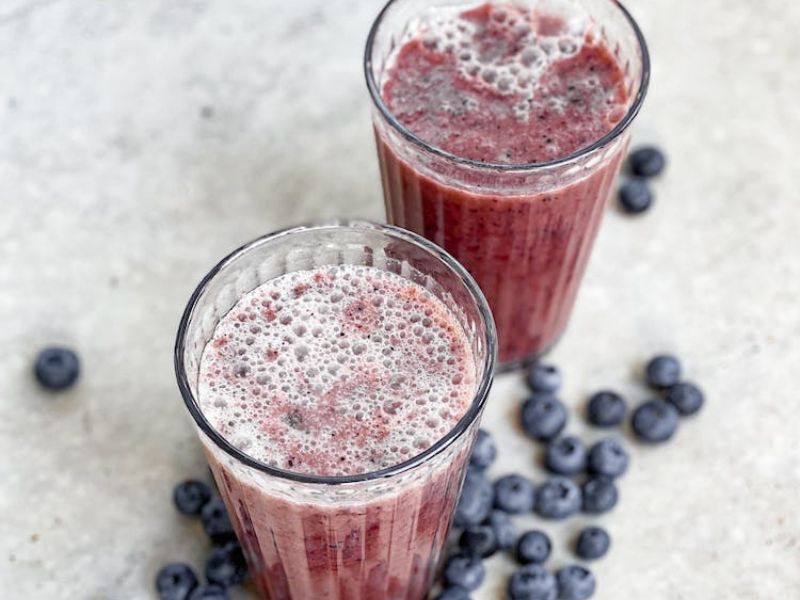Juicing has become increasingly popular in recent years as a way to incorporate more fruits and vegetables into one’s diet. While juicing can be a great way to get various nutrients in one drink, it’s essential to be careful about which fruits and vegetables you choose to juice.

Image Credit: Pexels/Cup of Couple
Some fruits and vegetables can be harmful when consumed in large quantities or juiced regularly. For example, juicing too much spinach or beetroot can lead to kidney damage due to the high levels of oxalates they contain. Similarly, consuming large amounts of carrot juice can lead to an excess of beta-carotene, which can turn the skin orange and cause other health problems.
Sugar content is another essential factor to consider when juicing. Juicing fruits like apples, grapes, and oranges can result in a concentrated source of sugar, leading to blood sugar spikes and other health issues over time. It’s essential to balance high-sugar fruits with low-sugar vegetables like celery, cucumber, and leafy greens.
Juicing can also strip away important dietary fiber from fruits and vegetables, impacting digestion and blood sugar regulation. Blending whole fruits and vegetables into the juice or adding a fiber supplement will help combat this problem.

Image Credit: Pexels/Cook Eat
Ultimately, the key to safe and healthy juicing is to approach it in moderation and with a balanced approach. Focus on a variety of fruits and vegetables, including some that are low in sugar and high in fiber, and be mindful of the potential risks associated with certain fruits and vegetables when consumed in large quantities. As with any dietary change, it’s essential to consult with a healthcare professional before making any significant changes to your diet.